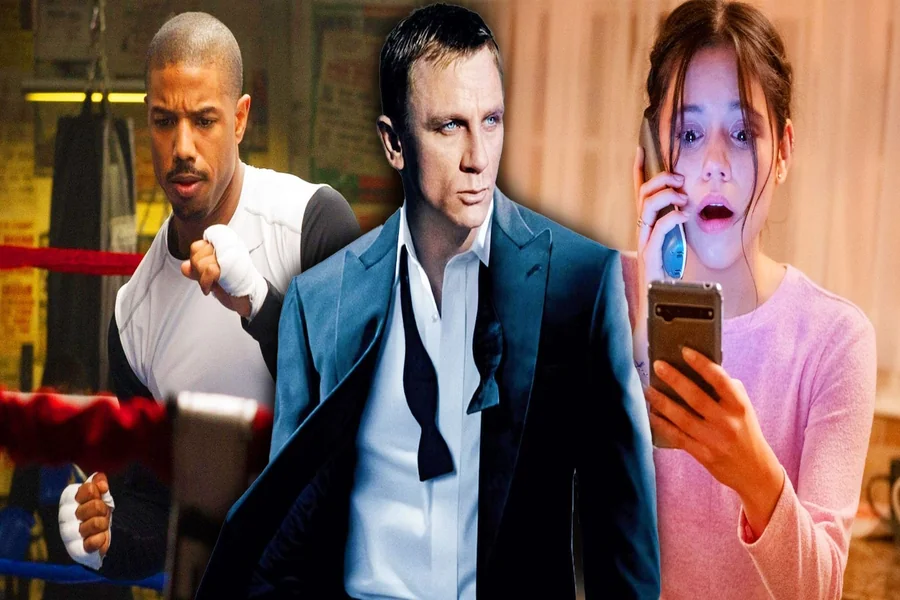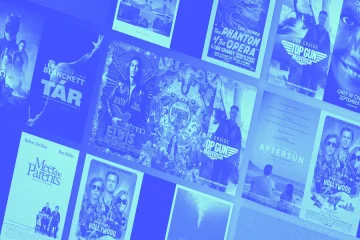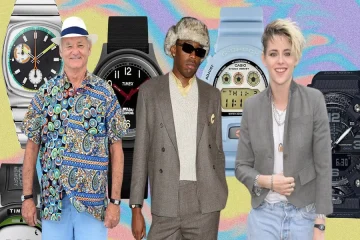Introduction
In an entertainment landscape filled with sequels, spin-offs, and remakes, one trend stands out: the movie reboot. From classic horror films to beloved action franchises, studios continue to bring back familiar stories, reimagining them for new generations. Why movie reboots are so popular with fans is a question that taps into nostalgia, cultural relevance, and the ever-evolving tastes of audiences. This article delves into the reasons why reboots captivate audiences and why they remain a staple of modern Hollywood.
Nostalgia: The Power of Familiarity
One of the most compelling reasons why movie reboots are so popular with fans is the undeniable pull of nostalgia. Films like Jurassic Park, Ghostbusters, and Star Wars evoke powerful memories of childhood wonder and excitement. When studios announce a reboot, they tap into that emotional connection, giving audiences a chance to revisit beloved characters and stories.
Nostalgia offers a comforting escape, transporting viewers back to a time when the world felt simpler. It’s no surprise that reboots of classics like Jumanji and The Lion King have drawn massive crowds. These films allow fans to relive their favorite moments while sharing them with a new generation, bridging the gap between past and present.
Modernization: Updating for a New Era
While nostalgia plays a significant role, modernizing a story for contemporary audiences is another reason why movie reboots resonate so strongly. Technology, cultural norms, and societal values evolve over time, and reboots offer filmmakers the chance to update themes, visuals, and narratives to align with current sensibilities.
Take Mad Max: Fury Road, for example. While the original Mad Max films defined the post-apocalyptic genre, the 2015 reboot revitalized the franchise with groundbreaking visuals, a feminist twist, and adrenaline-pumping action sequences that captivated modern viewers. By embracing modern storytelling techniques and addressing contemporary issues, reboots can breathe new life into classic tales.
Expanding Universes: Building on Existing Lore
In today’s interconnected world of cinematic universes, reboots often serve as a way to expand or reboot entire franchises. This approach allows studios to attract new fans while keeping existing ones engaged. The Marvel Cinematic Universe is a prime example of how interconnected storytelling can rejuvenate characters and keep audiences coming back for more.
Reboots also provide opportunities to correct past missteps. Spider-Man has been rebooted multiple times, with each iteration bringing fresh perspectives and different interpretations of the character. Tom Holland’s portrayal in the MCU successfully blended humor, heart, and action, resonating with both die-hard fans and newcomers alike.
Star Power and Creative Teams: Drawing Fans In
Casting choices and creative teams are crucial factors in why movie reboots are so popular with fans. When studios bring in talented directors, screenwriters, and actors, they generate excitement and anticipation. A reboot starring a beloved actor or helmed by a visionary director can spark renewed interest in a franchise.
Consider Batman Begins—director Christopher Nolan and actor Christian Bale’s collaboration redefined the Dark Knight for a new generation, offering a darker, grittier take that appealed to both longtime fans and new audiences. Likewise, Jordan Peele’s Candyman reboot blended horror with social commentary, showcasing the power of fresh voices in reimagining iconic stories.
Visual Effects and Technological Advances
Advancements in visual effects have transformed the way stories are told on the big screen. Fans are drawn to reboots that leverage cutting-edge technology to create immersive experiences. The 2019 reboot of The Lion King, for instance, used photorealistic CGI to bring the beloved animated film to life, delivering a visually stunning spectacle that appealed to both fans of the original and new viewers.
Technology also enables filmmakers to craft more dynamic action sequences, intricate world-building, and breathtaking set pieces. This evolution keeps reboots feeling fresh and relevant, proving that sometimes a familiar story told with new tools can captivate audiences in ways the original never could.
Inclusivity and Representation: Reflecting Today’s Audiences
Modern audiences are increasingly diverse, and they seek representation in the stories they watch. Movie reboots offer an opportunity to embrace inclusivity, featuring more diverse casts and addressing social issues that resonate with contemporary viewers. Films like Ghostbusters (2016) and Ocean’s 8 reimagined classic franchises with female-led ensembles, challenging gender norms and offering fresh perspectives.
By updating character backgrounds, storylines, and casting choices, reboots can connect with audiences who may have felt overlooked by earlier iterations. This inclusivity not only broadens the appeal of the film but also sparks important conversations about representation in media.
Marketing and Hype: The Power of Anticipation
Studios have mastered the art of building anticipation around reboots. Marketing campaigns often capitalize on fans’ emotional connections to the original, using trailers, teasers, and social media buzz to generate excitement. When a beloved franchise is announced to be returning, it creates a sense of community among fans eager to see how the story will unfold.
The hype surrounding reboots also benefits from the digital age. Fans can engage with creators, share theories, and express their excitement on platforms like Twitter, Instagram, and Reddit. This interactive relationship between studios and audiences amplifies the buzz, turning a film’s release into a cultural event.
Critical Reception and Fan Expectations
While not every reboot is a guaranteed hit, the success of a reboot often depends on balancing respect for the original with a fresh approach. Fans appreciate nods to beloved moments and characters, but they also crave innovation that makes the story feel relevant and exciting.
A well-executed reboot, like Blade Runner 2049, honors its predecessor while forging its own path, earning critical acclaim and fan praise. On the other hand, reboots that fail to capture the spirit of the original—or that lean too heavily on nostalgia without offering something new—often fall flat with audiences.
Conclusion
Why movie reboots are so popular with fans is a multifaceted answer rooted in nostalgia, modernization, technological advances, inclusivity, and marketing genius. These films offer a chance to revisit beloved worlds while embracing new voices and ideas, bridging the gap between generations of viewers.
As long as audiences seek the comfort of the familiar alongside the excitement of the new, movie reboots will remain a cornerstone of the entertainment industry. They remind us that while stories may be retold, each iteration offers an opportunity to reflect, celebrate, and redefine what we love about cinema.



